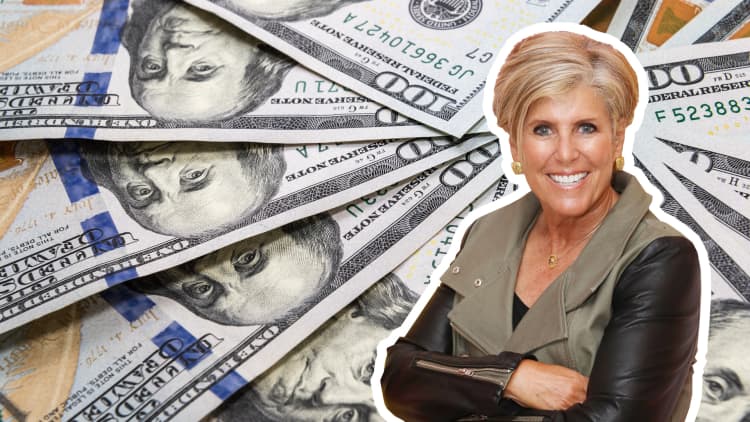Amazon is known as a detailed, data-driven company. But CEO Jeff Bezos said the e-commerce giant trains its staffers to understand that some decisions must be made with the gut.
"You have to realize: decision making isn't one size fits all," said Bezos at a gala this month held in New York by FIRST, a global STEM education nonprofit.
To know the difference, said Bezos, ask yourself two simple questions: "What are the consequences of this decision?" and "Is this decision reversible?"
Reversible decisions
Most decisions, says Bezos, are low consequence and reversible. These decisions can be made quickly with data and by junior teams. "If you make the wrong decision," Bezos explained, "the cost is low."
Big companies can become less nimble when small, reversible decisions are made using a "big consensus process." Even if it isn't the best move, moving fast will still help you get a leg up on the competition. "The cost of being slow is so much higher than the cost of getting the answer exactly right," he said.
Bezos has talked about his decision-making framework in past shareholder letters. In one from 2016, he said, "most decisions should probably be made with somewhere around 70 percent of the information you wish you had. If you wait for 90 percent, in most cases, you're probably being slow."
Using this framework can empower workers. Once you determine that the risk for making a certain decision is low, "then by all means make it yourself," said Bezos.
Irreversible decisions
Irreversible decisions require more care. These high-consequence decisions should be made by senior leadership, single individuals or tiny teams, said Bezos.
Senior executives at Amazon often analyze irreversible, high-consequence decisions. In these situations, it's appropriate "to use very slow, deliberate decision-making processes," explained Bezos. The mogul even jokingly referred to himself as the "chief slow down officer."
Bezos called these types of decisions "one-way doors" in a 2015 shareholder letter. He wrote, "If you walk through and don't like what you see on the other side, you can't get back to where you were before."
With big, irreversible decisions, gut and intuition can play a big role. "People think of Amazon as very data-oriented and I always tell them, look, if you can make the decision with data, make the decision with data," he said. "But a lot of the most important decisions simply cannot be made with data."
The decision to greenlight Amazon Prime was ultimately based on intuition, he said. In some cases, the data will not provide you with a clear answer, especially when you are trying something that's never been done before.
"There wasn't a single financially savvy person who supported the decision to launch Amazon Prime. Zero. Every spreadsheet showed that it was going to be a disaster," said Bezos. "So that had to just be made with gut."
"Those kinds of decisions," added Bezos, "they cannot be made analytically, so far as I know. They have to be made with gut."
While big decisions will often need to be made with the gut, that gut needs to be informed by your own principles as well. Amazon's principles, for instance, include ideas such as putting the customer first and inventing on behalf of the customer.
"You collect as much data as you can. You immerse yourself in that data," said Bezos, "but then make the decision with your heart."
Like this story? Subscribe to CNBC Make It on YouTube!
Don't miss:


